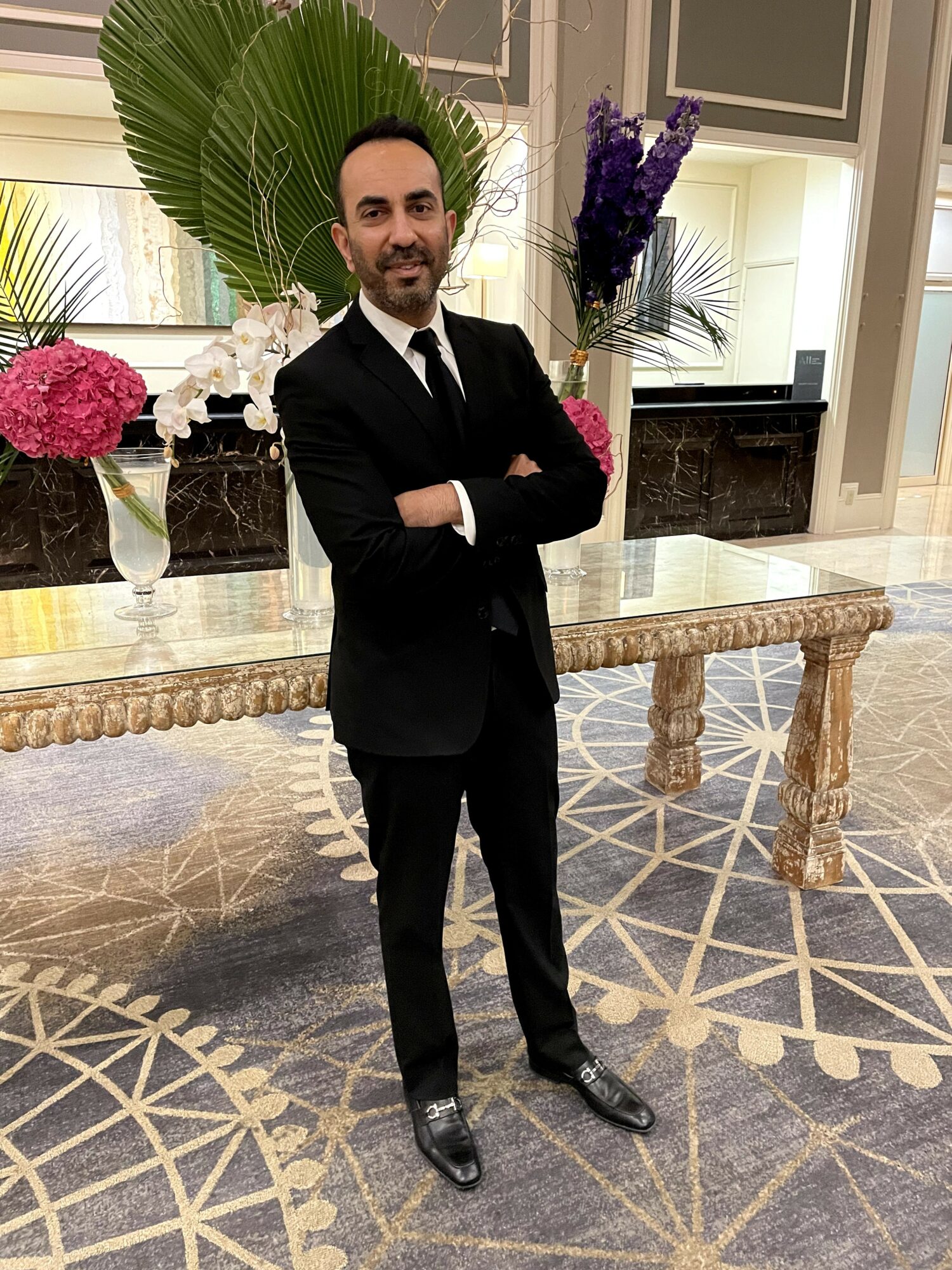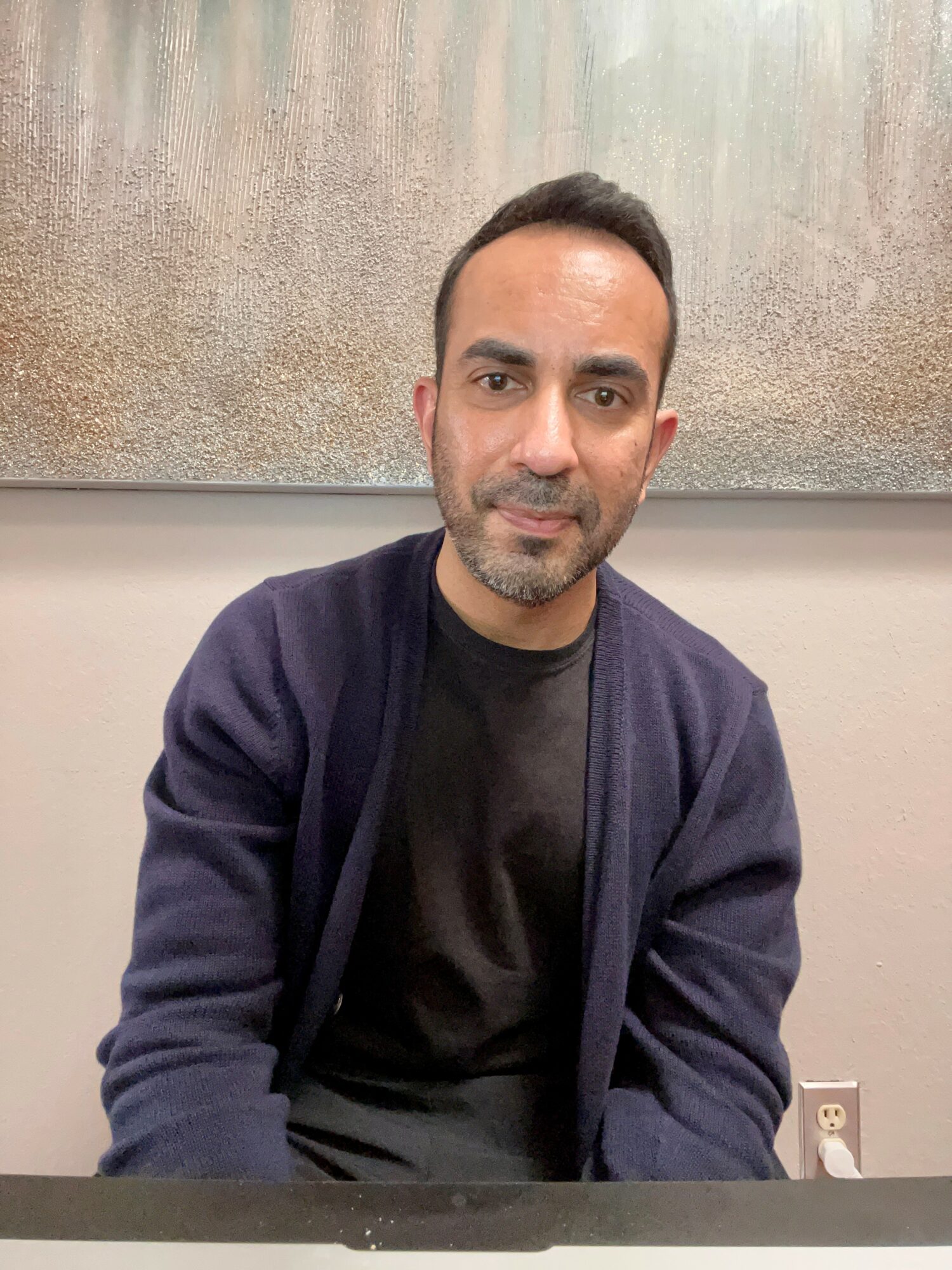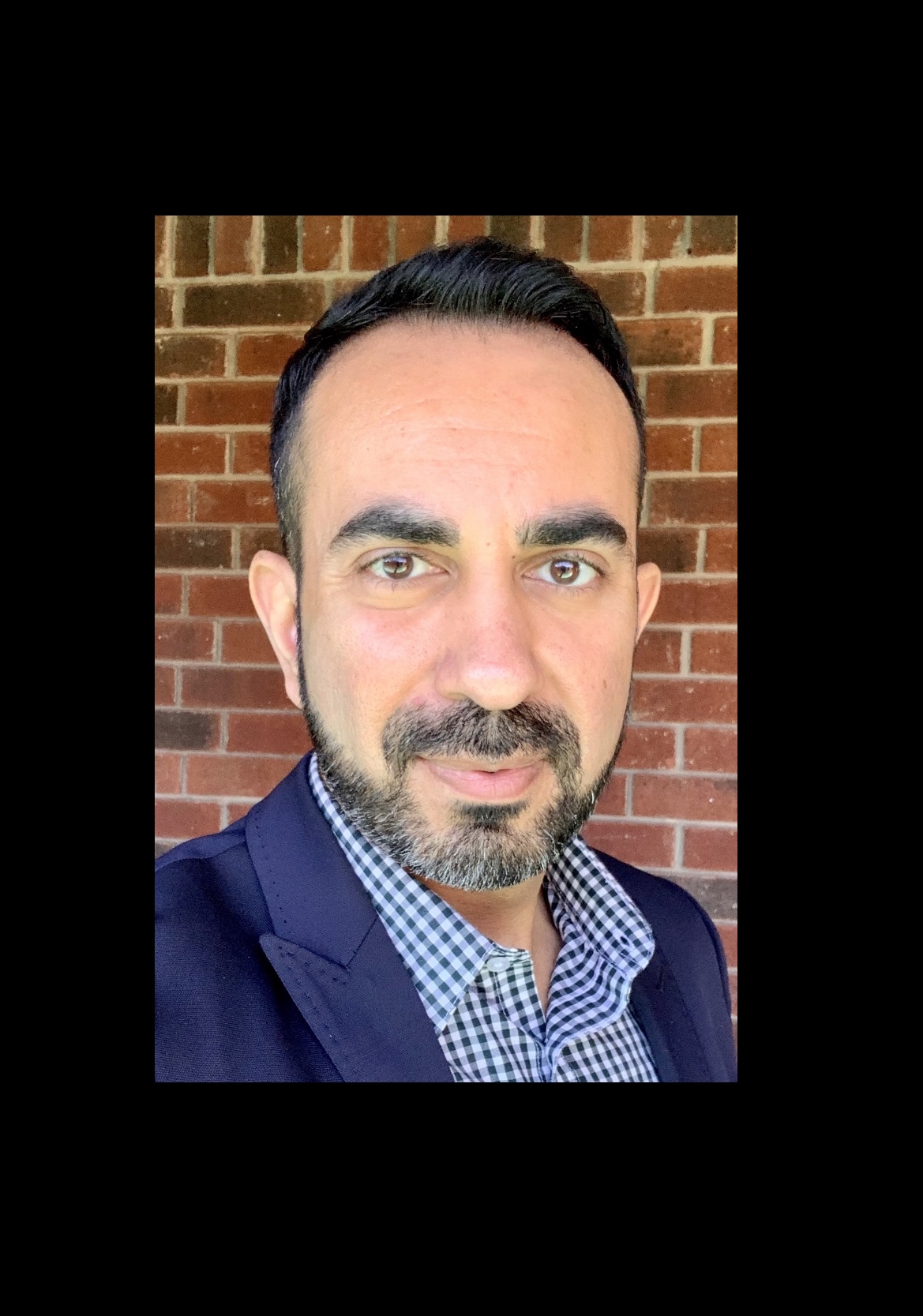

Today we’d like to introduce you to Ali Rahman.
Hi Ali, thanks for sharing your story with us. To start, maybe you can tell our readers some of your backstory.
I started my career as a financial advisor and enjoyed the connections and interactions I had with clients. It was rewarding to help people reach their financial goals, but I still felt something was missing. Wanting to help others on a deeper, more personal level, I pursued a Master’s degree in Mental Health Counseling from Southern Methodist University.
After earning my degree and becoming a Licensed Professional Counselor, I joined a psychiatry clinic as a therapist, providing support to clients seeking mental health treatment. Over five years, I worked with individuals from diverse backgrounds who were facing a wide range of challenges.
Eventually, I felt ready to open my own practice. I now see clients virtually through Headway, continuing my passion for helping others. Alongside my counseling work, I’ve maintained my role in finance during the day, while meeting with therapy clients in the evenings and on weekends.
We all face challenges, but looking back would you describe it as a relatively smooth road?
My career path wasn’t always straightforward. In my 20s, I wasn’t sure what direction I wanted to take, so I explored different fields before eventually landing in finance. While I gained valuable experience, I wasn’t finding the fulfillment I was looking for, which led me to pursue a Master’s degree in Counseling. One of the biggest challenges along the way was balancing a full-time job during the day, graduate courses in the evenings, and maintaining my personal relationships.
Great, so let’s talk business. Can you tell our readers more about what you do and what you think sets you apart from others?
I strive to create a safe, supportive space where clients can share their concerns, hopes, and goals. I work primarily with adults navigating challenges such as anxiety, depression, grief, trauma, career transitions, relationship issues, addictions, and compulsive behaviors.
Born and raised in Texas, I bring a deep understanding of diverse perspectives and ways of life. In my practice, I primarily use Cognitive Behavioral Therapy (CBT) to help clients recognize and break unwanted patterns of thought and behavior. I also incorporate Adlerian principles that emphasize finding one’s sense of belonging and building meaningful social connections.
Before we let you go, we’ve got to ask if you have any advice for those who are just starting out?
My advice to counselors in training is to stay open-minded about working with different populations, especially during your studies. This not only helps you gain valuable experience but also gives you a clearer sense of the types of clients and settings you enjoy working with most.
It’s also important to find a supervisor you feel comfortable with—someone whose experience aligns with the types of clients you want to serve and the counseling theories that resonate most with you.
Contact Info:














